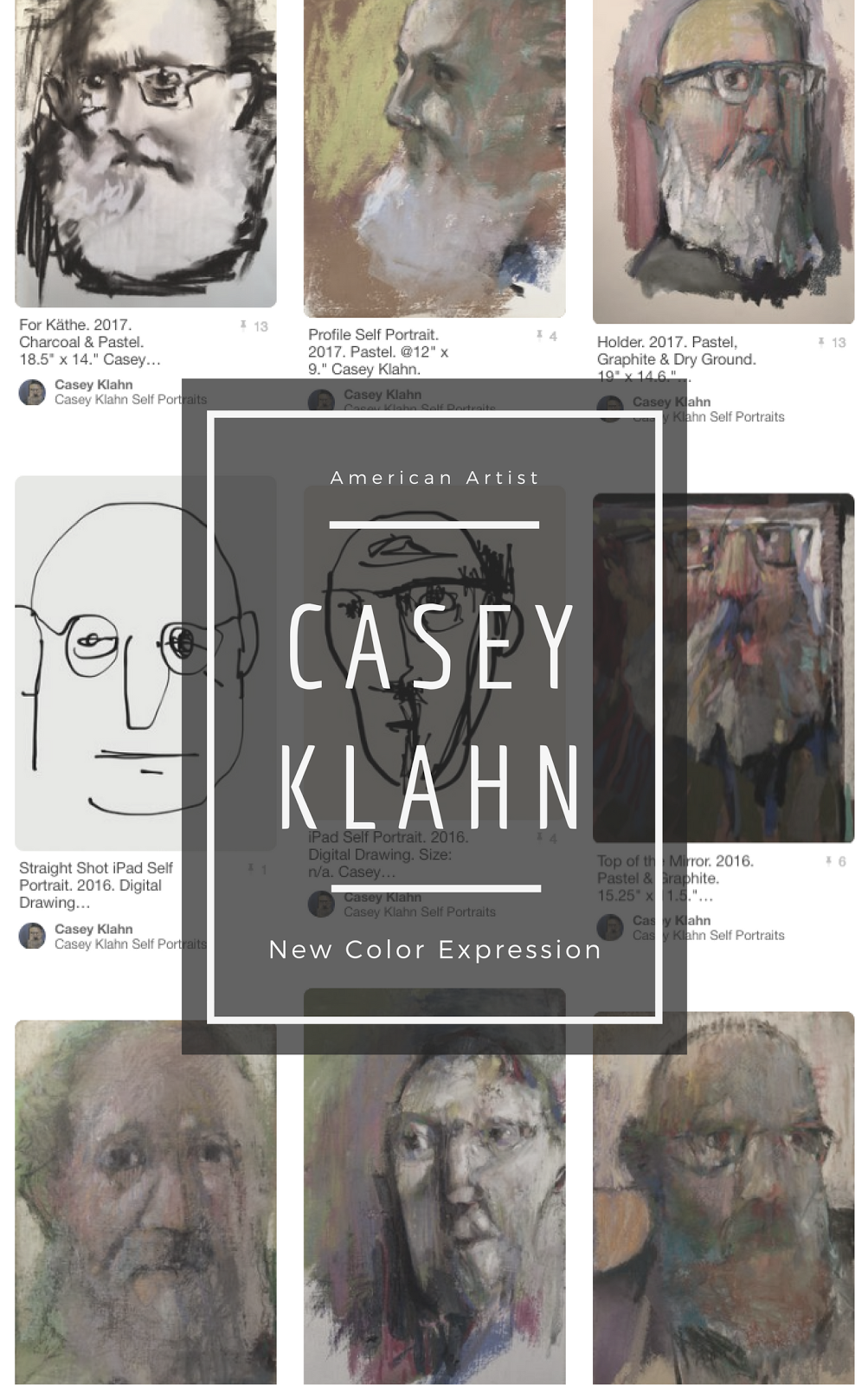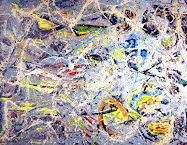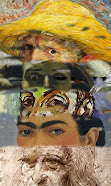 Vincent was denied a church funeral because of his suicide. Those were the days when it was considered a sin.
Vincent was denied a church funeral because of his suicide. Those were the days when it was considered a sin.VVG had plenty of that. Sin.
His mother wished him dead well before his actual demise, and his father disowned him.
In the list of shared background that I have with VVG, there is the matter that I have my BA in the Bible and theology. One of the things in the van Gogh story that has been bugging me is the art critics who write the histories of the old boy have him renouncing his Christian faith.
I find no evidence of that. Yes, he most definitely strayed "off the reservation", and had unkind things to say about the church. He cohabits with, and consorts with, prostitutes. Then again, Hosea the prophet (remember, he has a whole book of the Bible) was married to one of those, you may remember.
But I see no renunciation of Christ. In fact, I see evidence to the contrary. Unlike myself, the old boy was a Calvinist. Strictly speaking, these guys think that one is "Once Saved, Always Saved". Which means, once you have been compelled, via Holy Election, to accept Christ, you will not stray, in spite of any evidence to the contrary. For you non-theologically minded, let's put it this way: if you were VG's father, a Calvinist minister, you would believe in the secure salvation of Vincent, no matter what he did after accepting Christ.
His parent's ungracious behavior towards him was understandable, in sociological terms. The first people you lose when you leave behind your sanity are your family. Turns out, more tragically, that many of Vincent's immediate family had dementia in their final days, due to the ravages of syphilis.
Of course, van Gogh is a father of Modernism. Yes, he exalted self, art, and nature. Certainly these things may crowd out the heart's room for God. I see nothing in that, however, to irrevocably overcome his place in the eternal. God knows, not I.
For the irreligious this may be a painful and seemingly unnecessary post. But I don't know how, without bald redaction, one can study the artist van Gogh without his faith, or art history (western) without Christ. It would seem to be impossible.
Certainly, it needs to be said, that the trend among VG's historians to strip him of his salvation is probably ill-informed, at best. I don't think I would be too surprised, standing on the other side, that I should meet the great artist, Vincent van Gogh.
It appears that others have covered this same ground, and agree with my thesis.
See:
This article by Cliff Edwards on VG's faith.
Also:
"Few images in modern art have so captured the attention of the public as Van Gogh's Starry Night, a painting that reveals all the light and glory hidden in an ordinary evening sky. In this very readable study of Van Gogh, essentially a spiritual biography, Kathleen Erickson explores the intense spirituality of the painter, from his early religious training and evangelical missionary work to the crisis that occurred when the church rejected his more radical way of following Christ. Erickson argues (against many Van Gogh scholars) that the artist's mature work reflects not a rejection of Christ so much as a rejection of a dogmatic church, seeing instead in the famous images of his art a profound connection to Christian symbols. Throughout, she helps us to discover the source of the power in Van Gogh's stars and sunflowers." --Doug Thorpe in this review of At Eternity's Gate: The Spiritual Vision of Vincent van Gogh.
From Publisher's Weekly:
"Erickson's account of the spiritual dimensions of van Gogh's work is an important corrective to two widespread assumptions: first, that his background was theologically Calvinist; second, that he abandoned religion when he began his professional career as an artist. Drawing extensively on van Gogh's correspondence, Erickson argues convincingly that the so-called Groningen school?(sic) more Arminian than Calvinist?was the foundation for van Gogh's religious outlook and that his abandonment of institutional Christianity (precipitated by disillusionment with his uncle and theological mentor, Johannes Paulus Stricker) was not so much an abandonment of religion as a move to synthesize Christianity and modernity via mysticism. Her discussion of van Gogh's late work is particularly compelling in this regard. Erickson's diagnostic discussion of van Gogh's mental illness is intriguing, though such extended discussion of whether he was epileptic, bipolar, schizophrenic or a combination is more of a distraction than a contribution to artistic or religious appreciation of his work. This work is a lucid and accessible contribution to understanding the religious character of van Gogh's artistic vision."
Copyright 1998 Reed Business Information, Inc. (Pasted from Amazon)
I won't argue the Arminian vs. Calvinist parts, here.
Note: now I still need to post regarding the lessons I learned by "seeing" VG's art, and producing a work after him.



















2 comments:
First off. I Think this artical is amazing.
I think Van Gogh is an amazing artist and a sweet person. I find him very interesting and very creative. He is excelent. I think that they should have let him have his funeral in a church whether he killed himself or not.
If he did. That is his decision. He apperantly had enough.
If he didnt they are crazy and just assholes.
Pretty much what I am trying to say is Van Gogh deserved to have a proper funeral in a proper place. Whether or not they approve.
He is a regular person (As regular as he can get) And deserves everything just as we do.
He did what he wanted and that is what is most important. He felt as though he should have, so he did.
Is that wrong? To some people. Yes. But to others such as myself. No. He had the right. They might not have believed that, but he did. They are not right for not letting him have it in a funeral.
Second, What the hell? His partens diswoned him? If they were going to give up on him like that. Why did they have him in the first place? Thats not even right. You are supposed to care for your children as you care for yourself. THEY ARE PART OF YOU. You are supposed to care for them whether they did something wrong or not. Everyone makes mistakes.
Third. Yes, He palyed around with prostitues. Yes, He walked off and did wrong things. But NO he did NOT betray God. He did NOT forget religion. He was just living life. Is that so wrong? I don't think so.
People should not do these kinds of things. Yes, some people deserve to be imprisond. Yes, some people do deserve crule things. But that is if you do things such as abused your children, rape people, murder people. Do things such as that. No, people that "Betray people" people that LIVE LIFE TO THE FULLEST do NOT deserve such things as this.
--Monii--
Thanks for the comments, Monii.
This post, although it only bore one comment, was cross posted at our friend, William Lehman's blog.
I am particularly proud of this one, as I think it has some original content that is often overlooked about VVG.
The attributions that I gave from authors I found after I wrote the text - which means that the conclusions I made are pretty obvious stuff. Why do art historians persist in overlooking his faith?
Post a Comment